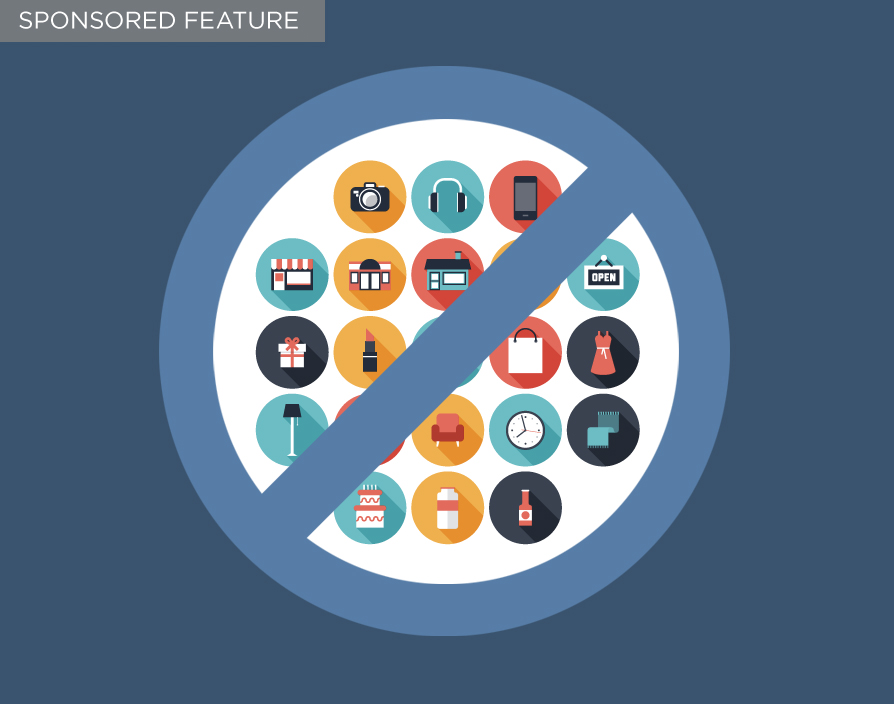Let me tell you a story about Tony. Tony loves sports, always has done. And when he quit his old job, he decided to sell sports gear online – football kits, training gear, gym bags and the rest. He believed in high-quality materials, a great product range and delivering real customer service. He learnt more about stitching, debated nylon versus cotton and tried to offer good pricing to growing clubs and societies. Tony had a dream but, after five years, his sports clothing business hadn’t really gone anywhere. Why? Because his products never really mattered.
Your dream was not the product, it was the pursuit of happiness
You see, when you started in this business, the dream was that you wanted to be in control of your destiny. You wanted an exciting day job that would stimulate and inspire you, maybe lead to a mini-empire you could retire from early and certainly something you could feel proud of. But you spent too much time working in the business and not on the business. And your products don’t really matter.
What matters is the customer. Of course they want good quality but many people are happy spending £5 on something cheap and cheerful. Plenty of customers demand next-day delivery but not if your small business is going to charge £9.95 for the privilege.
And the key to offering good customer service is having proper processes in place. Tony wanted to offer great customer service but spent five hours a day answering phone calls about late orders, stock availability and pricing. He was wasting time on things that a good process and great technology could take care of. Ultimately his stock was low because he couldn’t afford to tie up cash flow and he couldn’t hire more staff because his profit margins were too small.
Creating time
With the correct processes and technology, you can save time and money. Saving time means greater efficiency, being more efficient means having more time to spend on other important jobs and this in turn leads to greater profitability. Being more profitable means being able to spend money on new staff, a retail store or a wider product range. All the things that you – and your customer – want.
By investing in the right technology, you can use a smartphone to scan your incoming goods directly into your central stock database the second it arrives. Your website is instantly updated to give customers clear messaging on what they can order. Your store manager need never turn a customer away again – if it’s not on the shelf, they can take the order and ship it to the consumer the next day. This live listening, real-time feedback and connectivity reaches into every possible corner of your organisation – from the warehouse to the shop assistant to the marketing director.
Enterprise technology at SME level
If this all sounds expensive or complicated, it really isn’t. There are only a few vendors with the kind of system that can cope with all of the demands of a modern retail business. Technology like Netsuite’s SuiteCommerce, the one-size-fits-all Shopify approach or our Shopit e-commerce platform are single ecosystems that run your entire business simply and easily. From goods-in to goods-out, from e-commerce to mobile to retail shop, from Google to Amazon to an event at the NEC, everything in today’s world can be connected.
Using this kind of ecosystem also gives you so much access to customer information so you know what the customer bought – whether that was online, in the shop or both – and what they might be interested in next. And it’s this data that takes your business to the next level – through that glass ceiling Tony has been staring at.
Support is about partnerships, not service
Consider that your e-commerce system needs to talk to all your other systems – such as warehousing, logistics, accounting and more. You’ll be very aware that it can be an expensive, complex business with several points of failure, a lack of accountability and problems with support. Many businesses get caught up integrating seven different platforms – with packages like Magento, Linnworks, Sage or Excel – only for one of them to break at peak shopping hour. And, with so much dependency, you don’t know where to turn for the right support.
Successful people know that their business relies not only on technology but also partnerships. Your technology partners should value your business as much as you do. It’s not just about offering a basic service to you with SLA agreements at a decent cost, it’s about working together in a mutually beneficial and mutually inspirational way. Both parties evolving with the ever changing digital and technological landscape, both parties trying to grow the sales and brand message together.
Ultimately, running a business doesn’t have to be so hard. You should be able to finish on time and take the kids to the park because the technology and support is helping you get more done, quicker. Need a breakdown of real-time profitability per product so you can email market the best items to a segmented relevant customer database for maximum return? Pah, did that at 2.30pm. Print 177 overnight orders ready for packing? Ready and waiting by the time I walked in this morning.
Remember the real reason you got into this business was the product so let technology do the work for you. ![]()
This article comes courtesy of Project Octo, the specialist e-commerce and digital marketing agency.
Share via:








































